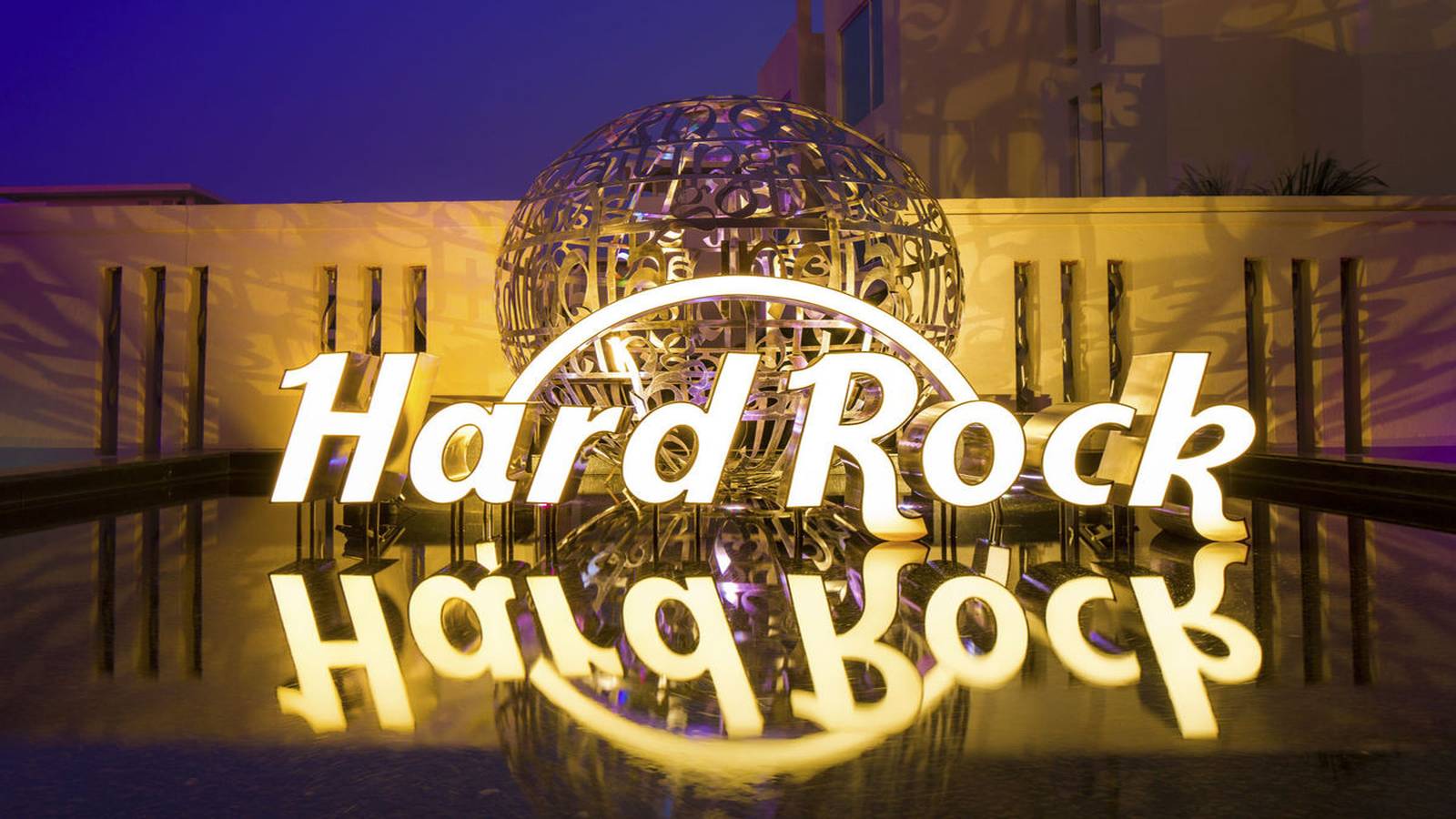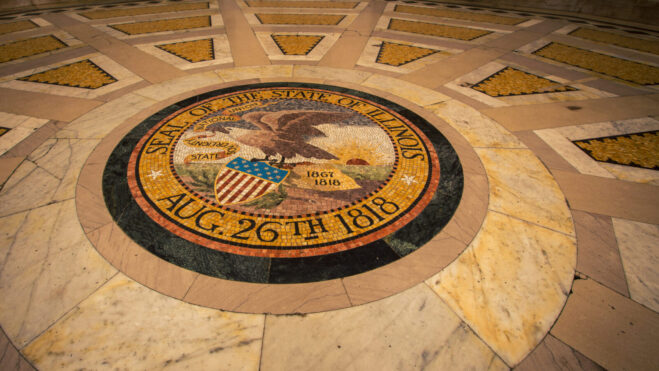Hawaii Senate Sends Amended Sports Betting Bill Back To House
Bill must still clear House and get Gov. Josh Green’s signature to become law
2 min

Hawaii is poised to become the first state in 2025 to legalize digital sports betting after the Senate Tuesday approved an amended version of HB 1308, 15-10. Of the 15 yes votes, four were “with reservations.”
HB 1308 was transmitted to and received by the House Tuesday. Should the House approve the bill, it will be sent to Gov. Josh Green for approval. Green, who has been pushing for funding for a new Aloha Stadium District, has not been clear about whether or not he will sign the bill.
HB 1308’s march through the state legislature has been confounding. Multiple state agencies, a native Hawaiian group, and others repeatedly spoke in opposition. Lobbyists from BetMGM and DraftKings as well as a local ironworkers’ union testified in favor. And at every step, lawmakers voiced concern and many voted with reservations.
Go-live date not mandated
The bill becomes effective July 1, and does not set a go-live date. If the Hawaii regulator were to launch by July 1, it would be the quickest state from legalization to launch. Most states take between six months and one year to stand up a market. Several, including Indiana and Iowa, both of which had existing casino markets, were able to launch within about three months.
Hawaii would enter the regulatory process with an inexperienced regulator and no existing gambling framework to fall back on.
HB 1308 includes an “emergency” provision, which means that the regulator could move rules forward more quickly and issue temporary licenses. Some notable items in the bill:
- Bettors could fund wagering accounts using credit or debit cards, wire transfers, some “online or mobile payment systems,” and bonuses or promotions;
- Seven percent of tax revenue will be directed to problem and responsible gambling initiatives;
- Operators must be live in at least three other U.S. jurisdictions in order to get licensed in Hawaii;
- Anyone operating an unlicensed sports betting site would be fined between $10,000-$100,000 depending on how many times the person or company has violated the law. The first offense would be a misdemeanor while second and third offenses would be felonies.
Tough to settle on a regulator
Tuesday, Sen. Sharon Morikawa stood up in opposition and pointed to the number of state agencies that have testified in opposition in House and Senate committees. Representatives from the state attorney general’s office, law enforcement, the Department of Commerce and Consumer Affairs — at one time named in the legislation as the regulator — among others, voiced heavy opposition.
Morikawa also pointed to the legislature’s failure to develop a framework around daily fantasy sports contests, which will be able to continue to operate without regulation. She went on to say that legalization only works where there are “effective regulatory enforcement structures in place. But that is not the case here.”
As HB 1308 made its way through first the House and then the Senate, lawmakers struggled to determine which state agency would regulate digital betting. Lawmakers considered the Department of Economic Development and the Department of Commerce and Consumer Affairs as potential regulators, but representatives from both said they did not have the staff or expertise. A Senate committee ultimately named the Department of Law Enforcement, which has a new director.
Tax would be 10%
HB 1308 would allow for digital sports betting only and would require a minimum of four operators. Wagering platforms would be taxed at 10% of adjusted gross gaming revenue and pay a $250,000 application fee. The tax and fees were set in the Senate Ways and Means Committee after being removed from the bill as it moved through the House. The numbers mirror those that were in the original bill text.
Sports betting operators are promising tax revenue of between $10-$20 million. But two states with larger populations — Maine and West Virginia — have collected significantly less than that.
Maine (population: 1.4 million, slightly larger than Hawaii) launched digital sports betting in November 2023 with a 10% tax rate. In its first 12 months, operators paid the state $6 million in tax revenue.
And West Virginia (population: 1.77 million) has collected an average of $5.8 million in tax revenue per year, also with a 10% tax rate. Wagering has been live there for 4½ years.






